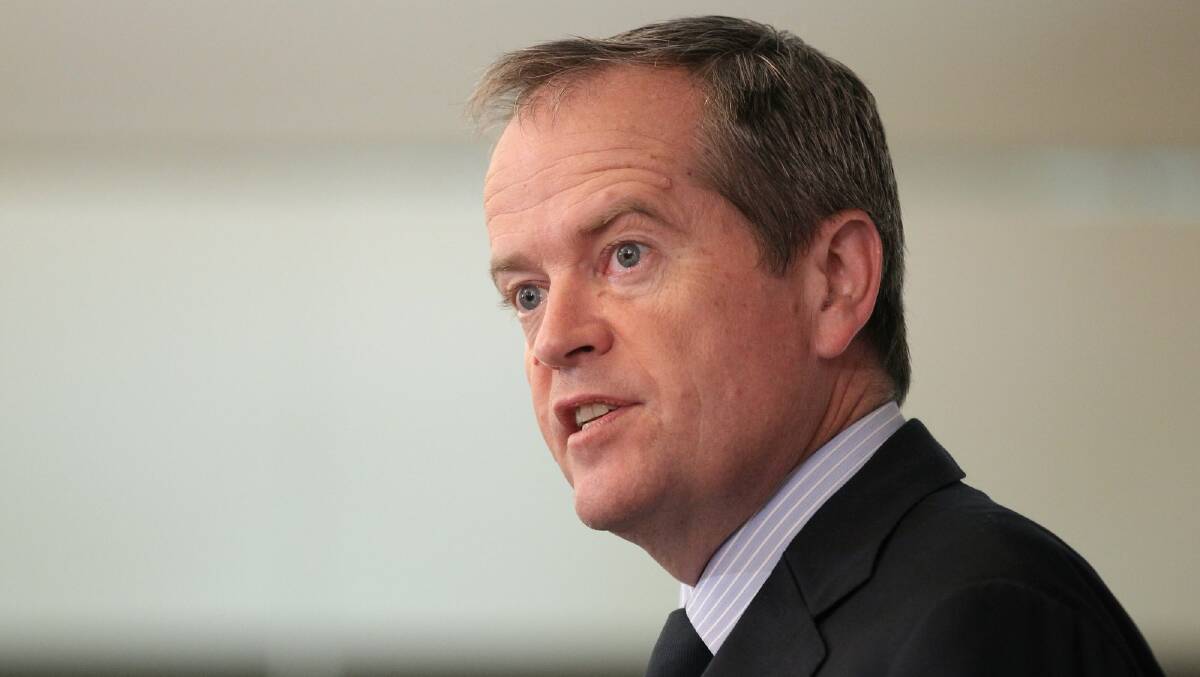
SPECULATION is growing that former Labor leader Bill Shorten may be named as Australia's agriculture minister, when Prime Minister-elect Anthony Albanese names his first "temporary" cabinet on Monday.
Subscribe now for unlimited access to all our agricultural news
across the nation
or signup to continue reading
Mr Shorten, who has been in parliament since 2007 and was Labor's leader from 2013 to 2019, holds the inner Melbourne seat of Maribyrnong.
The thinking from parliament watchers is Mr Albanese is required to recognise Mr Shorten's status in Labor, but will want the former Australian Workers Union organiser outside of his direct sphere of influence.
Mr Shorten said on Sunday he would appoint a temporary cabinet tomorrow with the official cabinet to be named soon after, following a trip to Japan for the Quad Leaders meeting involving Australia, India, Japan and the US.
What is certain is current Shadow Agriculture Minister and Tasmanian MP, Julie Collins, will not be handed the portfolio representing a sector worth more than $60 billion.
Ms Collins, who took on the role from the generally well regarded, but now retired Joel Fitzgibbon, was marked down as an underperfomer in the shadow role.
Other contenders include Victorian Senator Raff Ciccone, who has made a name defending regional industries, including forestry.
Queensland's Murray Watt, who is Labor's northern Australia shadow minister, could also add agriculture to his responsibilities, matching the brief held by the LNP's David Littleproud.
Also in the mix is NSW Senator Tim Ayres, who is aligned with the Australian Manufacturing Workers' Union. Another is Queensland's Shayne Neumann, who holds the seat of Blair centred on Ipswich, and is arguably Labor's most rural politician in Queensland.
Another well regarded by all sides of politics performer is Western Australian Senator Glenn Sterle, who was well recognised as a competent chair of the Rural and Regional Affairs and Transport Committee. However, given his factional alignment is to Labor's right, he is likely to be kept on the sideline.
LNP Senator Susan McDonald urged Labor to recognise the importance of agriculture and the contribution it made to the national economy.
"Agriculture is one of the most important sectors in the Australian economy," Senator McDonald said.
"It's not just what agriculture means to regional Australia and the food and fibre we produce for consumption for all Australians, but what agriculture does for our trading nations.
"We need to be ahead of the threats and opportunities that give Australia to ability to feed ourselves and a good part of the world."
Senator McDonald said a particular focus needed to be kept on a range of biosecurity issues including foot and mouth disease, lumpy skin disease, Japanese encephalitis, screw worm, African swine fever, all of which were on Australia's doorstep.
Labor is already on track for a confrontation with farmers, announcing it intends to ban live sheep exports.
Want daily news highlights delivered to your inbox? Sign up to the Queensland Country Life newsletter below.


